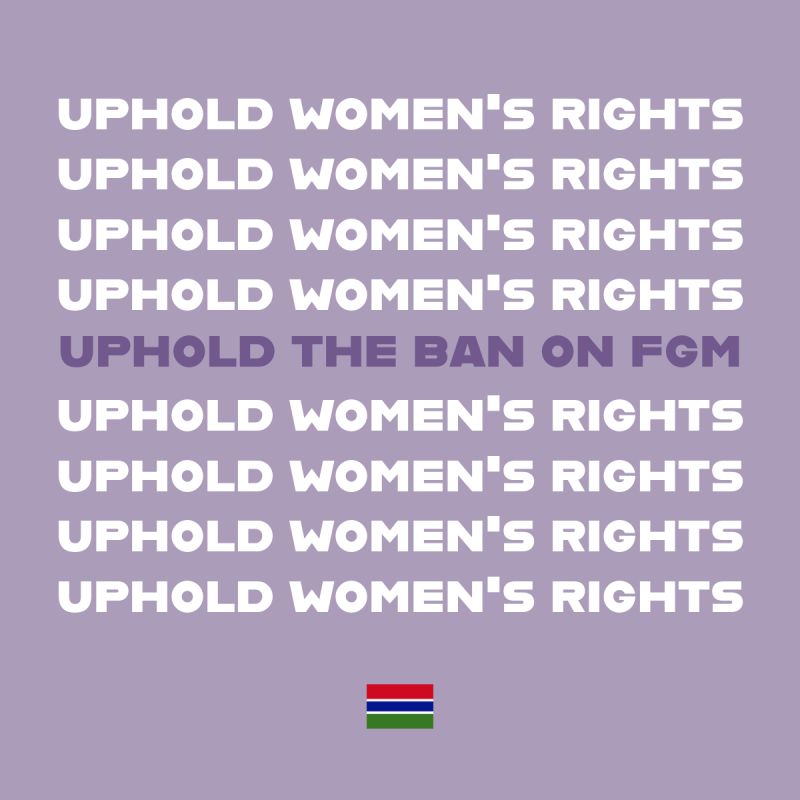In case you haven’t heard, the Gambian authorities decided to keep the FGC ban in place and the Sahiyo community couldn’t be more thrilled! If the ban had been repealed, Gambia would have become the first country in the world to overturn a law banning FGC, setting a dangerous precedent worldwide.
Sahiyo advisory member and Voices to End FGC alumni Absa Samba is a Gambian FGC survivor who told The Associated Press she celebrated with others in front of parliament. “It's such a huge sense of relief, but I believe this is just the beginning of the work.”
We’d like to thank our fellow activists and the myriad of political, medical, and legal organizations worldwide that expressed their support for maintaining the current legislation. Such support was instrumental in the decision to keep the ban in place. We hope the global outcry made it loud and clear to lawmakers worldwide: FGC legislation is not up for debate.
But Absa is correct – this is just the beginning of our work. We’re ecstatic Gambian lawmakers chose the right side of history this past week, but the fact that repealing such a ban was even up for debate is troublesome. We were dangerously close to a repeal that would have rendered millions in The Gambia vulnerable.
According to UNICEF, around 230 million women worldwide have undergone female genital cutting in the past eight years, with the majority in Africa and others in the Middle East and Asia. That’s an increase of 15 percent, indicating now more than ever it is critically important to stay vigilant, speak up, and work even harder to put more people at risk.
To get involved in the movement to end FGC, please visit Sahiyo.org to learn more about our volunteer opportunities and various programs. You can also support Sahiyo's work to end female genital cutting and empower survivors by donating here.
To learn more about the crisis in The Gambia, read Sahiyo and the Global Platform for Action to End FGM/C’s Joint Statement on the issue published shortly before the announcement.
Related links:

